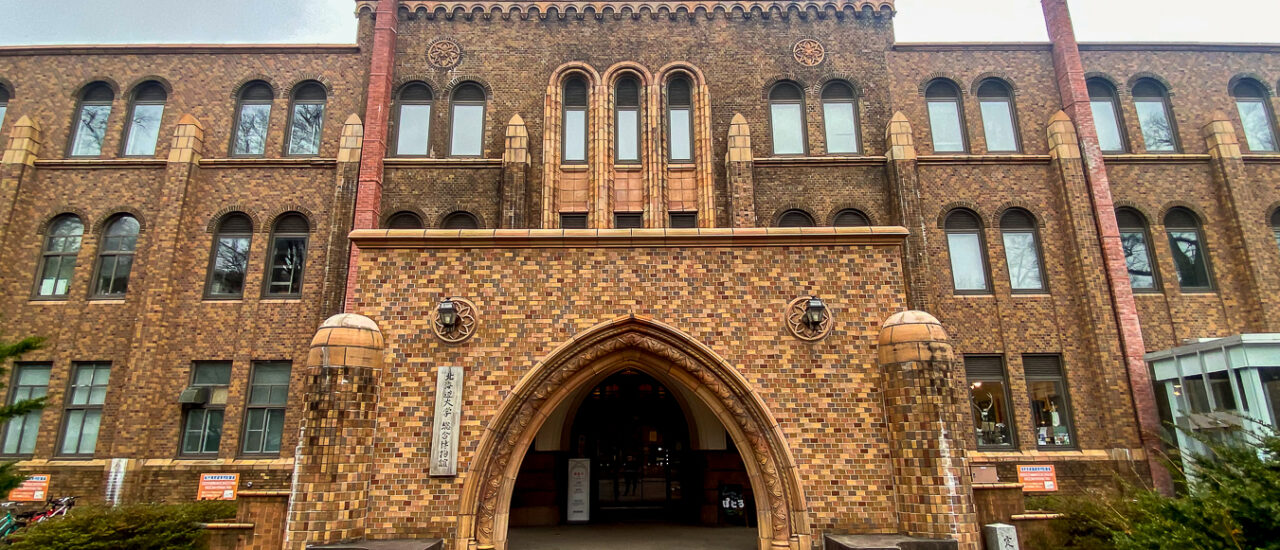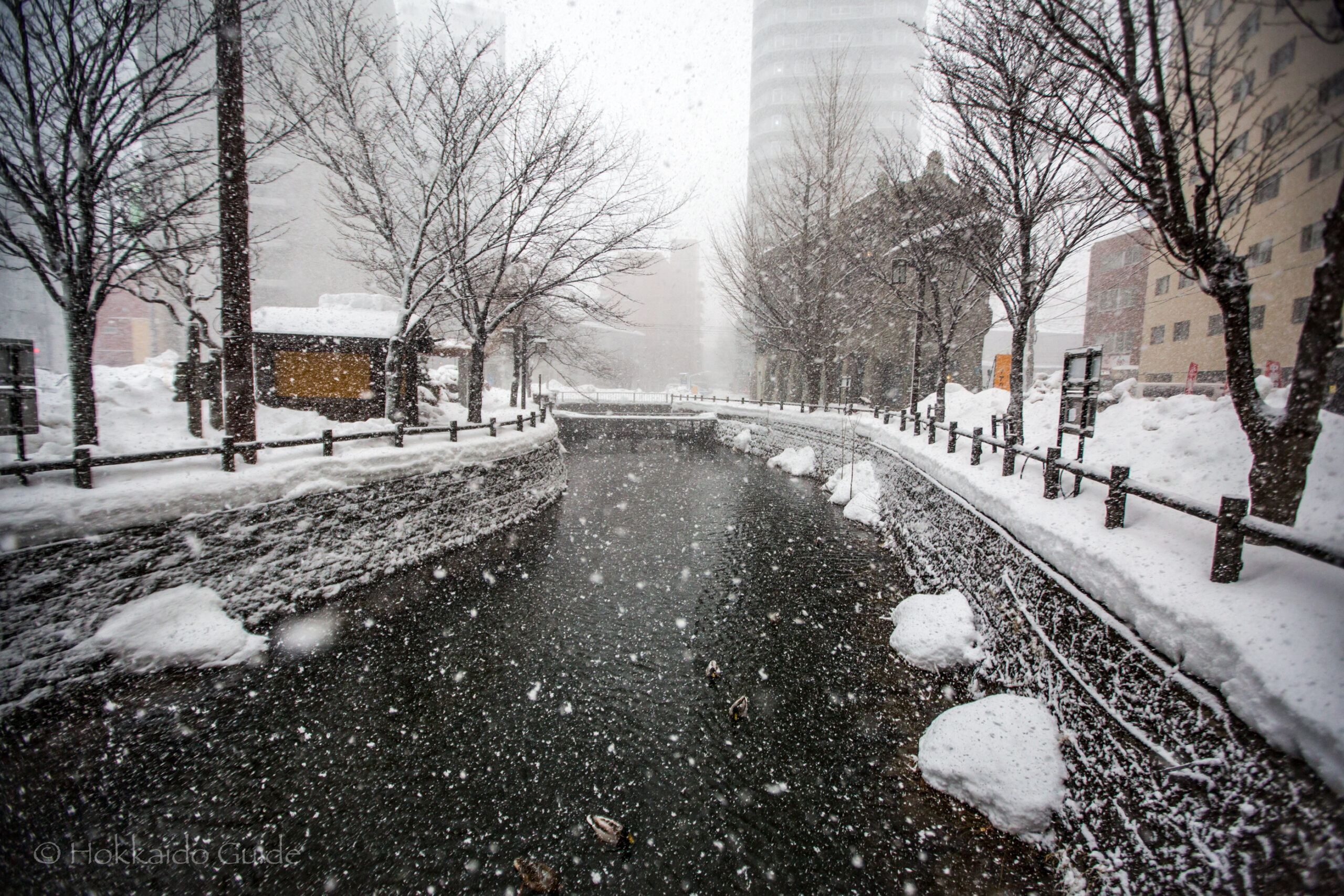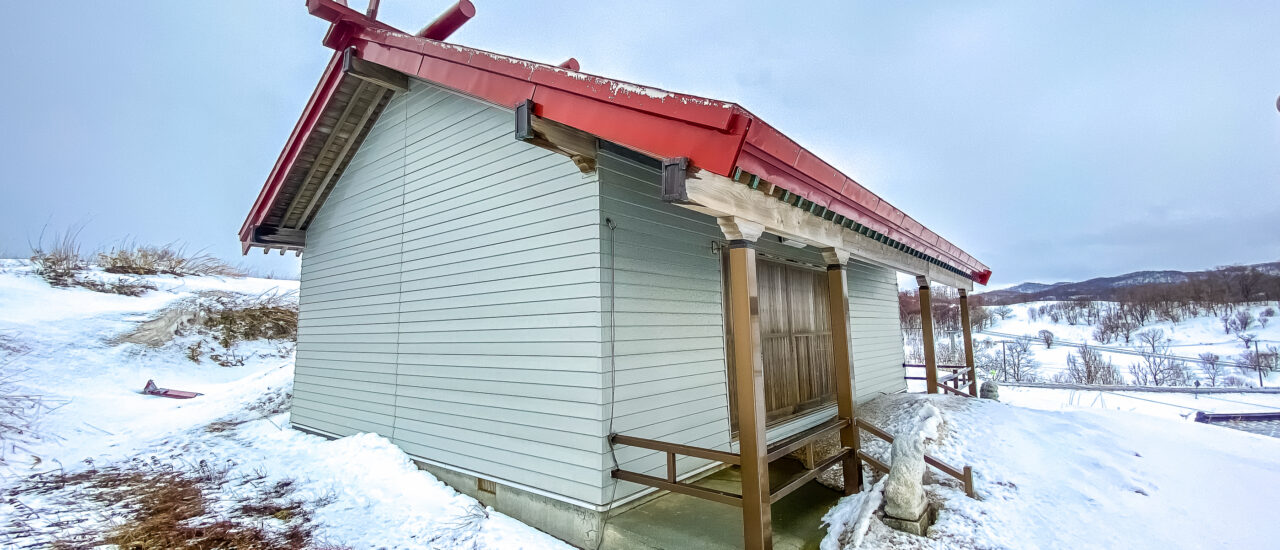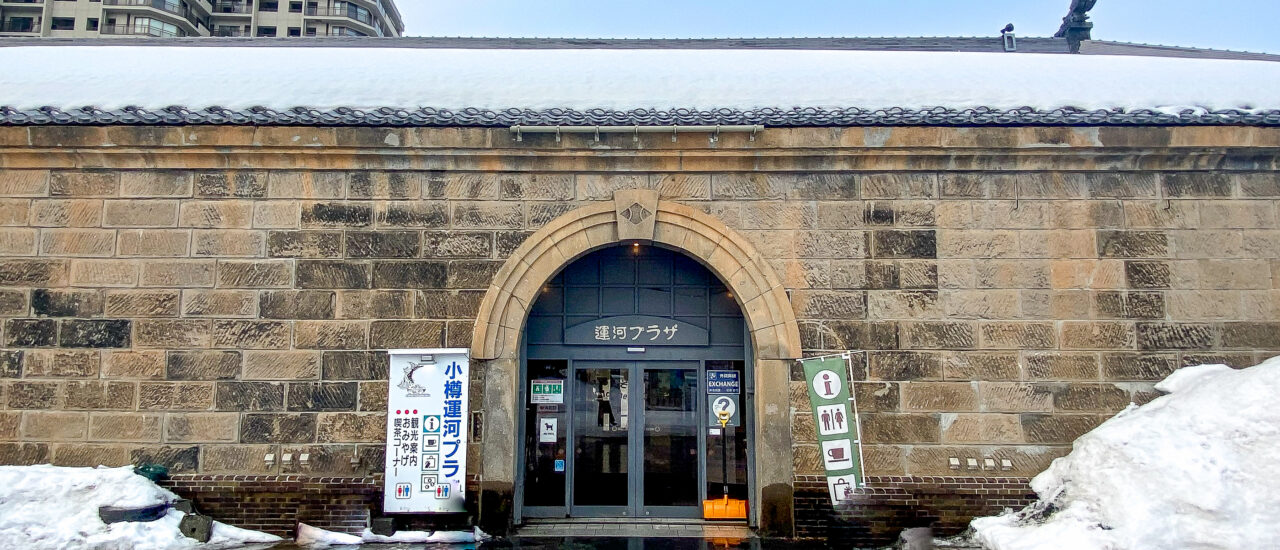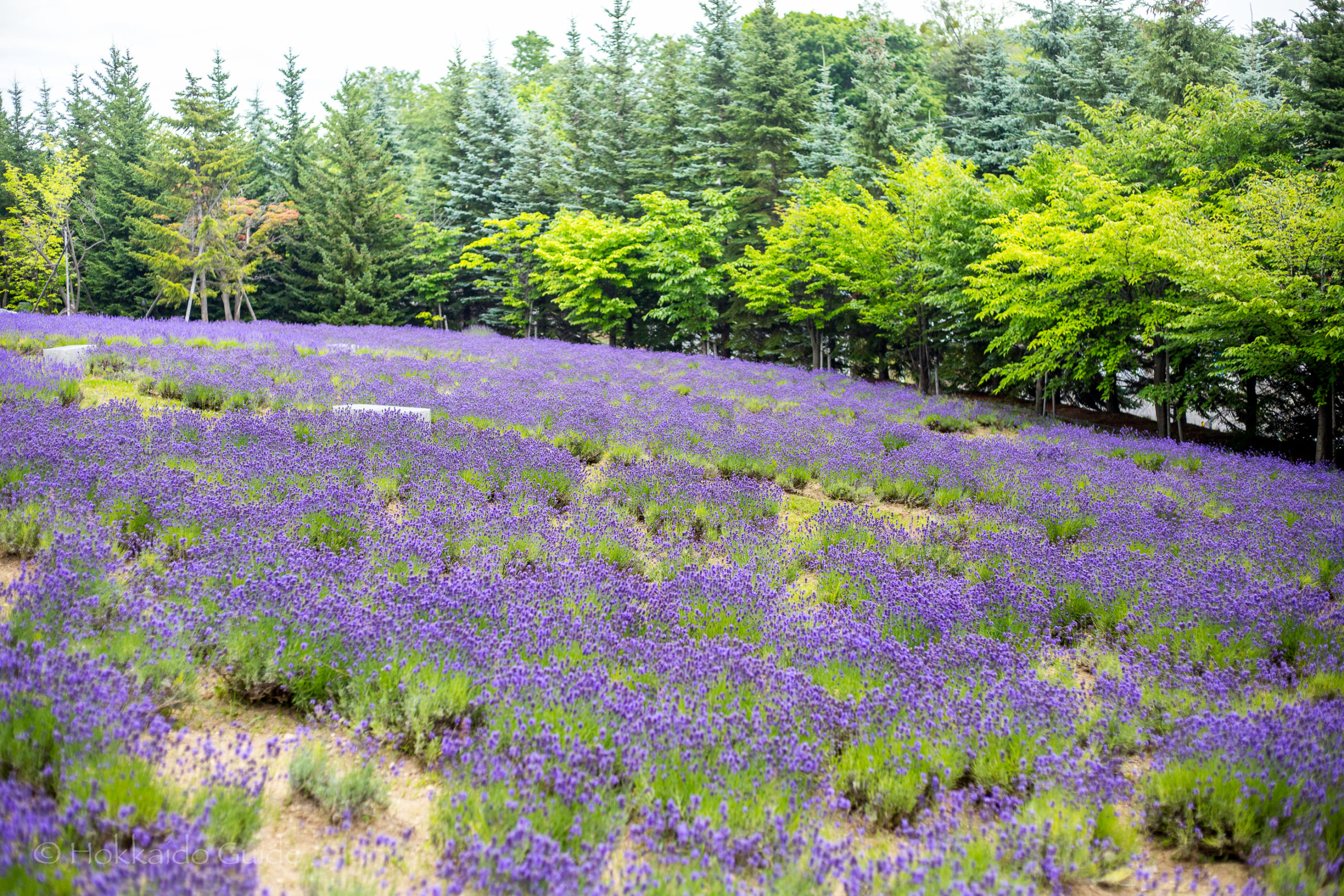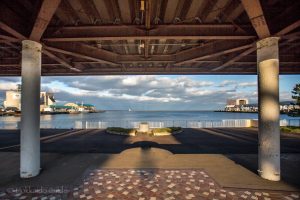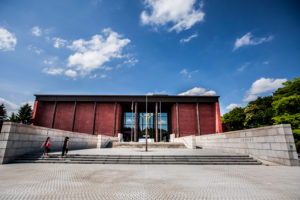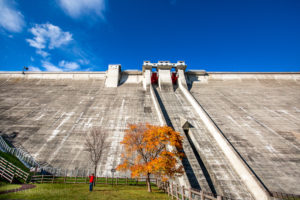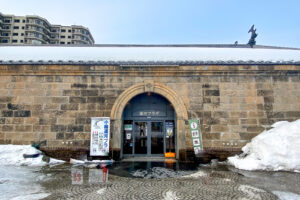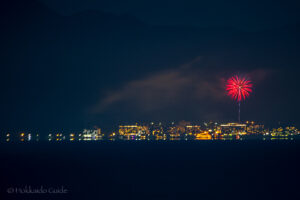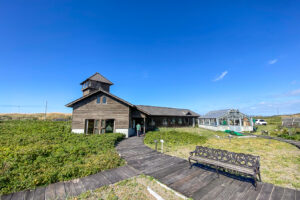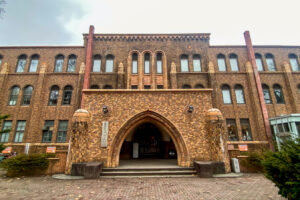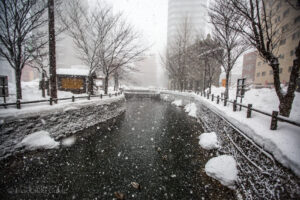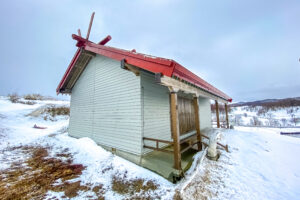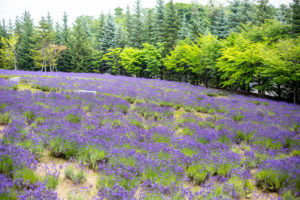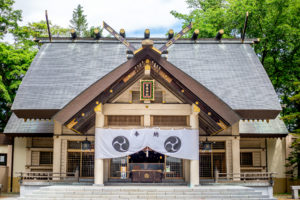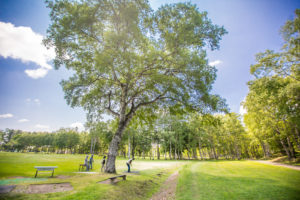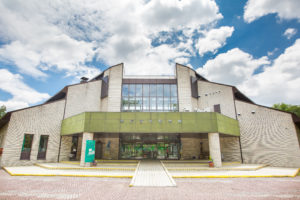
Central Hokkaido
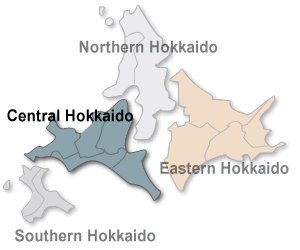 Central Hokkaido is the political and economic hub of this prefecture. The capital of Hokkaido, Sapporo, is located here as well as the port cities of Otaru and Muroran. The major airport of this prefecture is located in Chitose approximately 50 minutes by train from Sapporo. The area has beautiful parks, wildlife areas, ski & snow board mountains and large hot spring (“Onsen” ) areas.
Central Hokkaido is the political and economic hub of this prefecture. The capital of Hokkaido, Sapporo, is located here as well as the port cities of Otaru and Muroran. The major airport of this prefecture is located in Chitose approximately 50 minutes by train from Sapporo. The area has beautiful parks, wildlife areas, ski & snow board mountains and large hot spring (“Onsen” ) areas.
EVENTS | AREA TOP |
| CENTRAL HOKKAIDO CITIES | |
|---|---|
| - SAPPORO | - Noboribetsu |
| - Otaru | - Muroran |
- This is a small park in Otaru. It can be found right by Otaru Harbor and it overlooks Otaru Port. Being next the Shin Nihonkai Ferry terminal, you can get some great views of the ships coming in and all the vessels anchored in the harbor. The park itself has a few odd seafaring items located on the grounds.
- The Hokkaido Museum, also known as Mori-no-Charenga was opened in 2015. This 2 story building replaces the old Historical Museum and joins the Ainu Research Culture Centre. The museum is open to the public and introduces a look into the history, culture and nature of Hokkaido. It researches the …
- Jozankei Dam is a great sightseeing spot. Completed in 1989 and measuring at 117 metres, it offers fantastic views over Lake Sapporo and down the river in which it feeds into. Not only does Jozankei Dam have great views, but it also has a museum that is free to enter.
- Otaru City General Museum Canal Museum has an extensive collection that introduces the history of Otaru City including information on the natural environment. The exhibition includes 20,000 objects and materials in its collection. The museum is located by Otaru Canal and can be found in the 'former Otaru warehouse'.
- Lake Toya is a popular spot for locals and overseas travelers alike. The lake is a caldera lake and has a stratovolcano, Mt Usu, near the southern edge of the lake. This volcanic activity feeds the many onsens (hot springs) that make up the Toya onsen village which also lies on the southern side of the lake.
- The Ishikarihama Coastal Plant Conservation Center is located just a stone throws away from Aso-Ishikari Beach. Around that area, there is an abundance of coastal plants and flora and fauna. To fully appreciate the area, you should also visit Hamanasu No Oka Park which is close by. The Ishikarihama Coastal Plant Conservation Center is a small center with an observation area on the second floor.
- Walking around the grounds of Hokkaido University is a nice day out unto itself, and finding the museum here is a nice little bonus. The museum is free to enter and has some great exhibits. What makes this museum good is the old corridors that the visitors get to wander around.
- This is a very small river that runs through or past many iconic areas of Sapporo. It is a well recognized river though most people don't know much about it. It breaks off from Toyohira River and begins its journey north and runs all the way along Nakajima Park. From here it cuts through the northern part of Susukino.
- Kotan Hachiman Shrine was founded in 1856 and was officially named a township shrine in 1875. It was listed as a local shrine on the 28th of April 1911. The purpose of the shrine is to follow the great principles of the deity, Hondawake no Mikoto. Hondawake no Mikoto is also more commonly known as the Emporer Ōjin.
- Otaru City General Museum Canal Museum has an extensive collection that introduces the history of Otaru City including information on the natural environment. The exhibition includes 20,000 objects and materials in its collection. The museum is located by Otaru Canal and can be found in the 'former Otaru warehouse'.
- On the Tokai Sapporo School campus the grounds really comes alive with lavender. It is said that the south district of Sapporo, where the campus is located, is known as the birthplace of lavender cultivation in Japan.
- In 1881, a man named Benzo Yoda and others from Shizuoka Prefecture organized a pioneer group called the "Bansei-sha". This group and settled inShimo-Obihiro Village and started pioneering. During this time, they started holding festivals and later built a small shrine, though the connection with the current Obihiro Shrine is still not well known.
- This massive park is located in the middle of the city of Obihiro. Stretching to 50 hectares, this comprehensive park contains a park golf course, the Obihiro Zoo and the Obihiro Centennial Hall, plus walking trails and a pond.
- The Obihiro Centennial City Museum was opened back in 1982. It is part of Midorigaoka Park which also contains the Obihiro Zoo. This museum exhibits materials relating to the natural history and local history of Obihiro and the Tokachi region.
Sapporo –
Odori Park
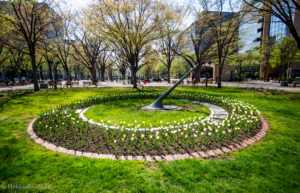
At the centre of the park
| Admission | - |
| Opening Hours | Various events are held throughout the year. |
| Closed | Parts of the park can be closed during construction phases of events. |
| Contact | - |
| Getting There | Odori, Chūō-ku, Sapporo-shi, Hokkaidō 060-0042, Japan Catch the subway to Oodori station. The park runs from the Sapporo TV Tower west for 13 blocks. |
Otaru –
Otaru Glassware
 Otaru Glassware is also well known throughout Japan and has had a long history. The glassworks originally made lanterns and other products for the first settlers in the region however, as the town expanded and the herring industry sprang to life the focus was changed to making glass buoys. When the herring industry suffered its major decline in the late 1950s the glassworks began producing ornamental pieces for direct sale to consumers and tourists. Today Otaru’s glass industry is thriving and many beautiful pieces are on display for pleasure and sale. Some major glass works are the Kitaichi Glass works, the Otaru Unga Kogeikan, “The Glass Ship” Warehouse and the Kitaichi Venetian Art Museum. It is possible to “make your own” glass item in some of the glass works such as ‘The Glass Studio’ and the ‘Otaru Unga Kogeikan’. If you wish to make your own item it is best to make a reservation, especially in summer if you have many people in your group. Top
Otaru Glassware is also well known throughout Japan and has had a long history. The glassworks originally made lanterns and other products for the first settlers in the region however, as the town expanded and the herring industry sprang to life the focus was changed to making glass buoys. When the herring industry suffered its major decline in the late 1950s the glassworks began producing ornamental pieces for direct sale to consumers and tourists. Today Otaru’s glass industry is thriving and many beautiful pieces are on display for pleasure and sale. Some major glass works are the Kitaichi Glass works, the Otaru Unga Kogeikan, “The Glass Ship” Warehouse and the Kitaichi Venetian Art Museum. It is possible to “make your own” glass item in some of the glass works such as ‘The Glass Studio’ and the ‘Otaru Unga Kogeikan’. If you wish to make your own item it is best to make a reservation, especially in summer if you have many people in your group. Top
| Admission | Most glassworks are free entry. To make your own glass item prices vary from about ¥500 to ¥2000. |
| Opening Hours | Most shops are open 9 : 30 am to 6 pm (a little later in summer) |
| Closed | - |
| Contact | Kitaichi Glassworks 0134 – 33 – 1993 The Glass Studio 0134 – 33 – 9390 Otaru Unga Kogei-kan 0134 – 29 – 1111 |
| Notes | - |
| Getting There | Most Glassworks are located near the canal area along Ironai dori. From Otaru Station walk toward the bay. About 10 min. |
Muroran –
Dolphin and Whale Watching Tours
 Hokkaido is one of the premier areas in Japan to go whale and dolphin watching. Muroran is well situated to view the whales on their annual migration through Volcano Bay. There are plenty of sightseeing boats available during the the summer months from about the end of April to the middle of August. Top
Hokkaido is one of the premier areas in Japan to go whale and dolphin watching. Muroran is well situated to view the whales on their annual migration through Volcano Bay. There are plenty of sightseeing boats available during the the summer months from about the end of April to the middle of August. Top
| Admission | Tours for adults start at about ¥5000 Tours for minors start at about ¥2500 |
| Opening Hours | - |
| Closed | - |
| Contact | (0143) 27 – 1822 For information & reservations |
| Getting There | - |
Noboribetsu –
Daiichi Takimotokan
 With one of Japan’s largest bath complexes and the oldest hotel in the Noboribetsu area Daiichi Takimotokan is a hot spring lovers delight. Firstestablished in 1858, the complex now has more than half a dozen modern buildings. Contained within these buildings are various mineral pools, waterfalls, walking pools, cold pools, steam room, and a swimming pool with slide. There are seven different kinds of mineral pools and outdoor and indoor pools.Top
With one of Japan’s largest bath complexes and the oldest hotel in the Noboribetsu area Daiichi Takimotokan is a hot spring lovers delight. Firstestablished in 1858, the complex now has more than half a dozen modern buildings. Contained within these buildings are various mineral pools, waterfalls, walking pools, cold pools, steam room, and a swimming pool with slide. There are seven different kinds of mineral pools and outdoor and indoor pools.Top
| Admission | Hotel Guests Free of Charge Non-Hotel Guests – ¥2 000 |
| Opening Hours | Hotel Guests Open 24hrs. Non-Hotel Guests – 9 am to 5 pm Daily |
| Closed | - |
| Contact | 0143 – 84 – 3322 |
| Getting There | - |



